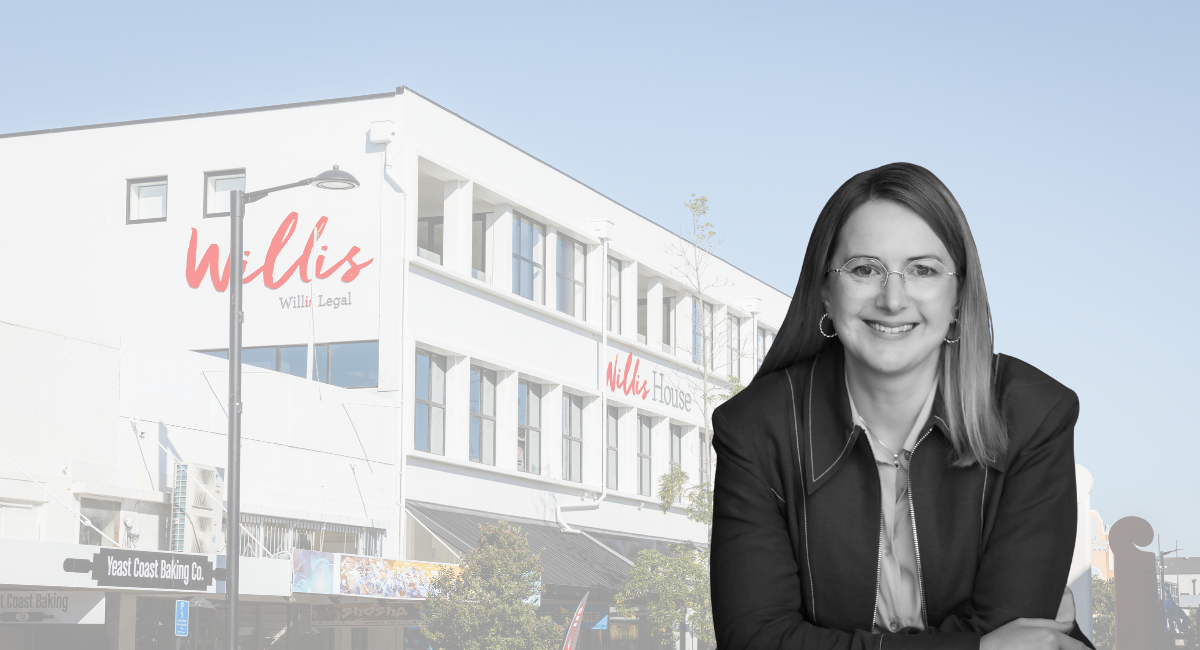When a relationship ends or circumstances change, untangling shared property can quickly become complex, emotionally, legally, and financially. Relationship property law provides a framework for dividing assets between partners. Whilst it is a legal process, it is also deeply personal. That’s why having an experienced and trusted advisor is essential.
What is relationship property?
The Property (Relationships) Act 1976 (the Act) governs how property is divided when a marriage, civil union, or de facto relationship ends, including when a partner passes away. In most cases, there is a presumption of a 50/50 split of shared property, but exactly what counts as “shared” can be more involved than people realise.
Relationship property can include:
- the family home;
- vehicles and household contents;
- KiwiSaver and superannuation;
- income earned during the relationship;
- any assets acquired together; and
- any relationship debts.
When the 50/50 rule doesn’t apply
While equal sharing is the default, there are several situations where the law may allow for a different outcome:
- relationships of short duration (less than 3 years);
- significant economic disparity between partners;
- separate property, such as inheritance or pre-relationship assets (not intermingled); and
- contracting out agreements (previously known as prenups).
Couples can choose to “contract out” of the default rules by signing a formal agreement. However, this must meet strict legal requirements in order to be valid and enforceable. One of these requirements is that both parties must have independent legal advice.
When children are involved
Children can significantly impact the division of relationship property. The law acknowledges the necessity of protecting a child’s wellbeing, particularly during family transitions.
In these situations, the court may:
- postpone the sale of the family home if it would disrupt a child’s living situation;
- prioritise stability by ensuring that the primary caregiver can continue to provide a secure environment;
- acknowledge unpaid contributions, such as caregiving, as equal in value to financial contributions; and
- apply the Act to relationships of short duration if there’s a child of the relationship.
Every family is different and when children are involved, the stakes are higher. That’s why it’s crucial to seek advice that combines legal clarity with compassion and care.
Every situation is different
While the law provides a general framework, no two families or relationships are exactly alike. That’s why having thoughtful and experienced legal support makes all the difference. Whether you're entering into a new relationship, separating, or simply planning for the future, clear advice from someone who understands the legal landscape and your personal one is essential.
Why legacy matters
Willis Legal has been advising Hawke’s Bay families for generations. That long history means we don’t just know the law, but also the community. We approach every situation with perspective, stability, and a practical mindset. Our clients trust us not only to get the paperwork right, but also to help them move forward with clarity and confidence.
Join our Newsletter
Stay tuned
Contact Us
We will get back to you as soon as possible.
Please try again later.



